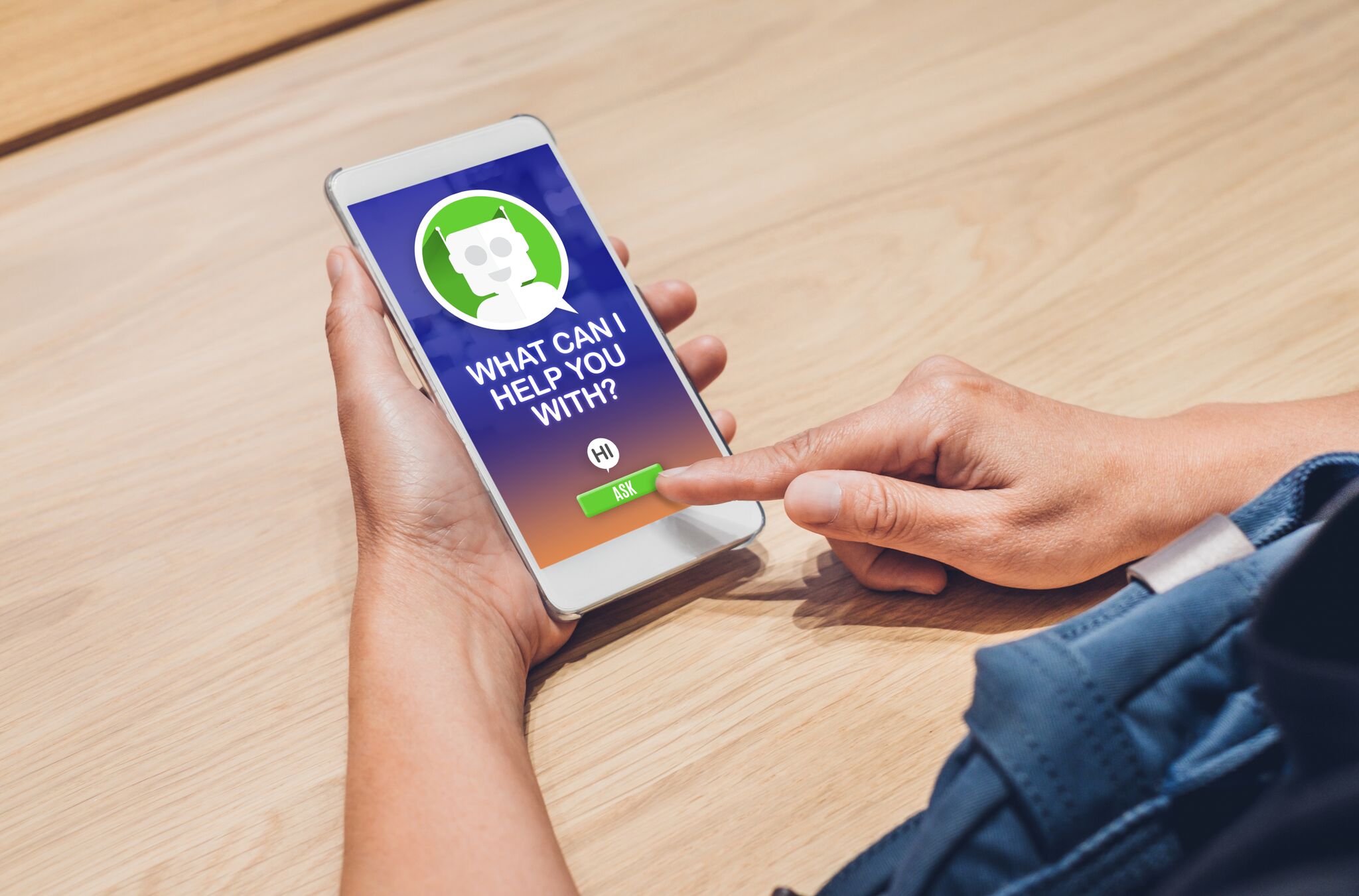
It’s no secret many healthcare stakeholders have been swept up by AI enthusiasm. But the general public? Perhaps not so much.
According to a new Harris Poll for Invoca survey, 49%of respondents will take AI-generated advice when it comes to retail decisions, and 38% will do the same in hospitality, but just 20% of consumers would trust AI-generated advice for healthcare.
Not surprisingly, younger consumers are more likely to be trusting of AI-generated advice in general. Eighty percent of 18-34-year-olds suggested a willingness to trust AI generally, compared to 62% of those 35 or older.
That said, when it comes specifically to healthcare, the numbers seem to hold pretty steady, with only 22% saying they would trust AI-generated advice for healthcare, the same percentage that voiced their approval of AI in financial services. On the other hand, for respondents aged 65 and older who trust AI in healthcare, the number was just 10%.
According to the survey’s authors, it makes sense that retail would generate more AI-related trust since it's a fairly "frictionless purchase process," and the price to pay if something goes wrong isn’t nearly so steep. In industries like healthcare, on the other hand, the stakes are likely to be higher, which may account for it facing considerably higher consumer hesitation.
Ultimately, the one thing that tied generations together was their preference for human contact, whether in person or through a device. Thirty-two percent of consumers prefer to complete a transaction over the phone, 30% prefer to do it in person, 6% prefer a brand's mobile app, and 5 percent said they'd actively choose AI technology, such as a chatbot.
As the report noted, “while AI has been a real game changer for the ‘back office’ of business . . . this study suggests that it still lags on the front end of business — the consumer interactions. Every company needs to be aware of its customers’ preferences and prioritize them in their marketing strategy. While AI and automation can help with simple interactions or requests, the option to connect with a human should always be on the table for consumers, especially in industries like healthcare.”


